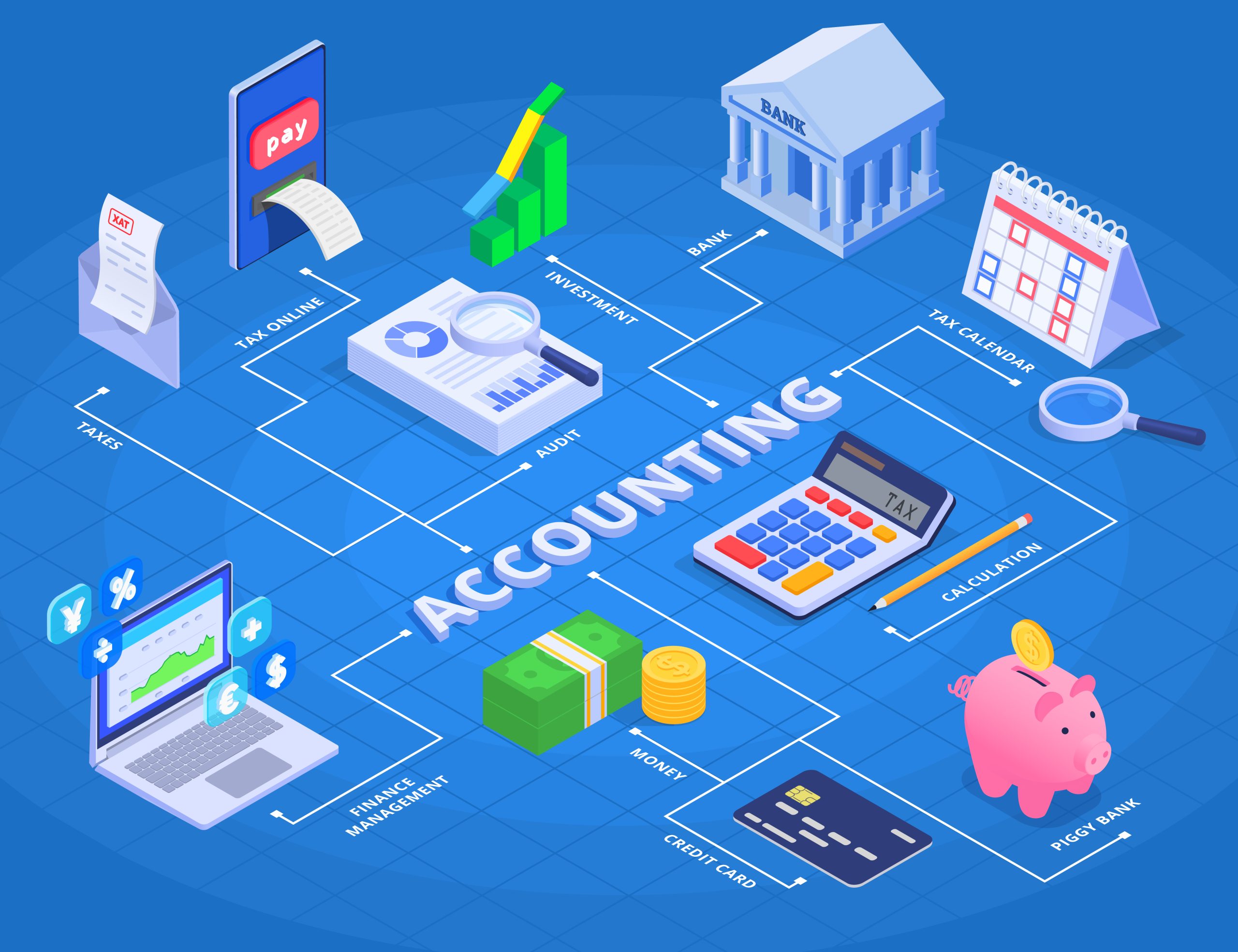
Introduction
The fusion of artificial intelligence (ai) and cloud accounting has revolutionized the way businesses manage their financial data and make strategic decisions. Ai’s ability to analyze vast datasets, extract patterns, and provide predictive insights, when integrated with cloud accounting platforms, empowers organizations to gain deeper financial insights and improve forecasting. In this article, we will explore how the integration of ai with cloud accounting enhances financial insights and forecasting.
1. Real-time data processing
Ai-powered cloud accounting platforms can process and analyze financial data in real-time. This capability allows organizations to access up-to-the-minute financial insights, enabling prompt decision-making and responsiveness to market changes.
2. Enhanced data accuracy
Ai algorithms excel at data accuracy by automatically identifying and rectifying errors or discrepancies in financial records. This not only ensures data integrity but also reduces the risk of financial misstatements and compliance issues.
3. Predictive analytics
Ai can predict future financial trends and outcomes based on historical data, market conditions, and various variables. Businesses can utilize these predictive analytics to make more informed decisions about resource allocation, budgeting, and investment strategies.
4. Fraud detection
Ai’s pattern recognition and anomaly detection capabilities are invaluable in fraud detection. Integrated with cloud accounting, ai can identify irregularities in financial transactions and flag potential fraudulent activities, safeguarding organizations from financial losses.
5. Cost optimization
Ai can identify cost-saving opportunities within an organization. By analyzing financial data, it can uncover areas of overspending, inefficiencies, or opportunities for process improvement. This leads to cost reductions and improved financial performance.
6. Personalized financial insights
Ai can provide personalized financial insights to different stakeholders within an organization. For example, executives can receive customized reports and dashboards tailored to their specific roles and responsibilities, enhancing decision-making at all levels.
7. Advanced forecasting
Ai’s ability to process large datasets and recognize complex patterns enables organizations to create more accurate financial forecasts. These forecasts can encompass various scenarios and variables, allowing for better preparation and risk management.
8. Automated reporting
Ai integration automates the generation of financial reports and statements, saving time and reducing the risk of errors associated with manual report creation. This streamlines the financial reporting process and ensures timely and accurate reporting.
9. Cash flow management
Ai can provide insights into cash flow management by forecasting future cash flows based on historical data and upcoming financial commitments. This helps organizations optimize cash flow and ensure sufficient liquidity.
10. Strategic decision support
Ai-powered cloud accounting platforms provide valuable insights that support strategic decision-making. Whether it’s expanding into new markets, launching new products, or optimizing pricing strategies, ai enhances the decision-making process.
Conclusion
The integration of ai with cloud accounting platforms represents a transformative leap in financial management for organizations. By leveraging the power of ai, businesses can access real-time data processing, enhanced data accuracy, predictive analytics, and advanced forecasting. Additionally, ai aids in fraud detection, cost optimization, personalized financial insights, and automated reporting. This combination of capabilities empowers organizations to make data-driven decisions, streamline financial processes, and improve overall financial performance. As technology continues to advance, the synergy between ai and cloud accounting will remain a driving force behind more informed, agile, and strategic financial management.
